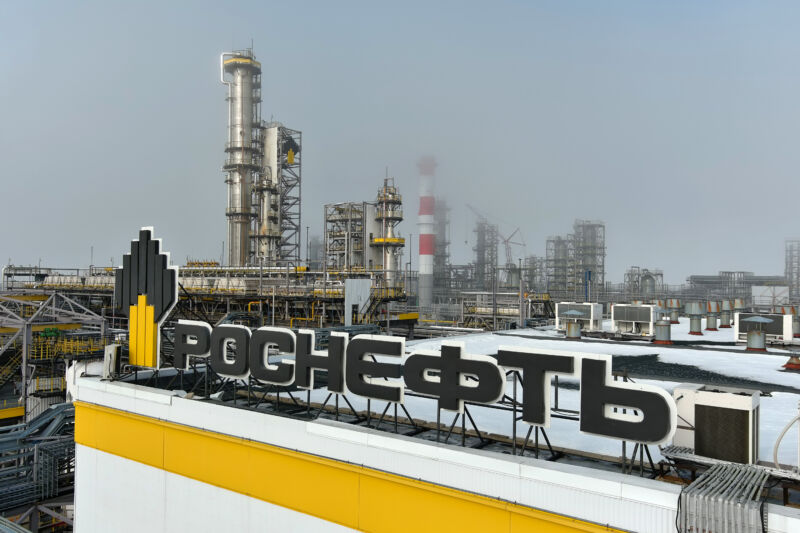
Shell announced today that it would be pulling out of the stalled Nord Stream 2 pipeline and looking to sell its stakes in various oil and gas projects in Russia as President Vladimir Putin’s invasion of Ukrainian grinds on.
The decision to exit the Nord Stream 2 investment comes days after German Chancellor Olaf Scholz effectively killed the project by suspending its certification. The Dutch company split about half the cost of the pipeline with four other European energy companies. Gazprom, the gas company controlled by the Russian government, covered the other half. Shell also owns significant stakes in two other oil and gas projects in Russia.
Together, the moves could cost Gazprom billions of dollars if the company can’t find buyers or has to take a significant write-down. Given international sentiment at the moment, the latter seems more likely. Altogether, the oil and gas projects represent about 5 percent of the company’s annual production, according to the Financial Times.
“We are shocked by the loss of life in Ukraine, which we deplore, resulting from a senseless act of military aggression which threatens European security,” Shell CEO Ben van Beurden said in a statement.
Shell announced the decision a day after BP said that it would be exiting its 19.75 percent stake in Rosneft, the oil company controlled by the Russian government. The British supermajor’s write down will be much costlier since its shares in Rosneft are worth around $14 billion. Shell said it wouldn’t find a buyer—the company was simply walking away.
In a statement Sunday, Helge Lund, BP’s chair, said:
Russia’s attack on Ukraine is an act of aggression which is having tragic consequences across the region. BP has operated in Russia for over 30 years, working with brilliant Russian colleagues. However, this military action represents a fundamental change. It has led the BP board to conclude, after a thorough process, that our involvement with Rosneft, a state-owned enterprise, simply cannot continue.
Norway’s Equinor also said that it would be exiting its Russian ventures, which are valued at $1.2 billion. Other companies, from semiconductor manufacturers to social media platforms, are either complying with sanctions or being forced to decide whether to continue pursuing the Russian market.
The moves by BP, Shell, and Equinor increase pressure on other companies to get out of Russia, including France’s Total and the US’s ExxonMobil, which started working in Russia in 1996, just five years after the collapse of the Soviet Union.
While Western sanctions have hit the Russian economy hard, they have so far avoided the energy sector. Russia is one of the world’s largest oil and gas producers and supplies 40 percent of Europe’s natural gas. Western officials have said the decision was made to prevent price spikes for oil and gas, which would help offset any trading losses Russia might experience from energy-related sanctions.
Last year, Russian oil and gas revenues accounted for $119 billion and contributed 40 percent of the country’s federal budget.
https://arstechnica.com/?p=1837199

